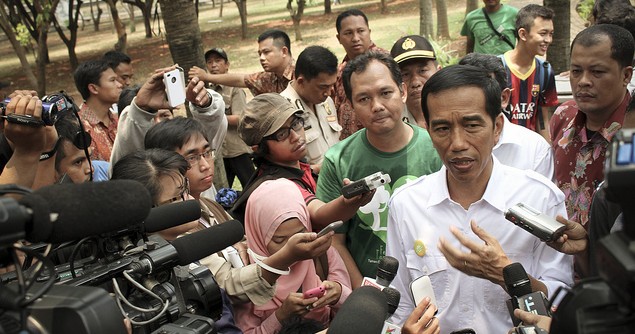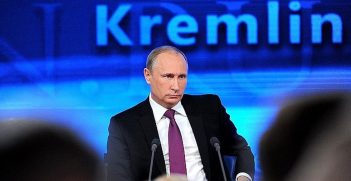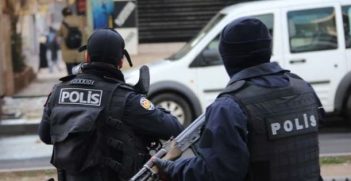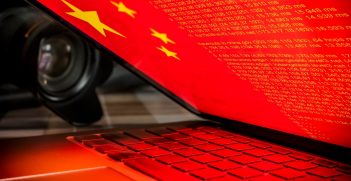President Jokowi Seeks Opposition Support

By reaching out to his main political rival, Indonesian President Joko “Jokowi” Widodo could ensure that his anti-corruption credentials are preserved.
Background
President Widodo is facing increasing pressure from his political allies after postponing the inauguration of the new police chief, Commissioner-General Budi Gunawan. Members of the president’s Great Indonesia Coalition, including some of his main political backers from the Indonesian Democratic Party of Struggle (PDI-P), have called upon him to install the graft suspect. It is believed that General Gunawan is a political appointee forced upon Jokowi by his political patrons, given that he was Megawati Soekarnoputri’s security aide during her presidency and maintains a close relationship with the former president.
Comment
Jokowi finds himself in a difficult situation. If he refuses to back Gunawan, he runs the risk of going against the wishes of his main political supporters. On the other hand, if he supports the nomination he will undoubtedly suffer a decline in popular support after promising to closely vet all political appointees. Faced with this inconvenient situation he has chosen to postpone the inauguration, angering both his political and popular support bases.
Megawati has briefed members of the PDI-P to continue their support for Gunawan and maintain their pressure on the president. Taking this request to the extreme, some members of the PDI-P have gone as far as to suggest that Jokowi should face impeachment for his indecisiveness and poor leadership qualities. Constitutionally, it is very difficult to impeach the president and it would appear that there are no grounds to actually do so. While Jokowi could become estranged from his political supporters, it is highly unlikely that he will lose office.
Suggestions that Jokowi could topple Megawati and take over the leadership of the PDI-P are equally unthinkable. Megawati retains strong support among the membership and has promised to lead the party until 2020.
Amid reports that the PDI-P could revoke its backing, Jokowi has sought support in seemingly unlikely places. On 29 January 2015, Jokowi met with his defeated presidential rival and key parliamentary figure in the opposition Red and White Coalition, Prabowo Subianto. The last meeting between the two presidential candidates, which took place in October 2014, a few days before Jokowi’s inauguration, showed that the two had fostered a strong relationship based upon what was best for the country. Following the recent meeting, Prabowo reiterated his support for the president and stated that he would support Jokowi as long as doing so was also in the national interest. It would appear that there is a good chance that Prabowo, and the coalition he leads, would support Jokowi in rescinding the appointment of General Gunawan.
The PDI-P, however, has increased its pressure on the president to appoint its favoured candidate after the House of Representatives formally approved Gunawan’s nomination. The president is able to ignore parliamentary approval and nominate another candidate, but that will still require the consent of parliament. Now that he has the implicit support of the political opposition, which holds the majority of seats in parliament, that option becomes more viable. It is probable that the opposition would expect some sort of repayment for this support, however, suggesting that this course of action brings its own inherent risks.
Jokowi is seeking a way out of the current political impasse. Since his own coalition is not willing to support him in revoking the appointment of General Gunawan, he is seeking a guarantee from the opposition. That would place him in a better position to suggest a more reputable candidate for the position of police chief and help him to retain his commitment to combating corruption. Such a move would redeem the president in the eyes of the people; it could, however, strain relations with the political élites backing Jokowi and place him in a difficult situation with the political opposition. While this option is not ideal and is not completely free of risk, it is the least bad option.
Mervyn Piesse is a research analyst at Future Directions International’s Indian Ocean Research Programme. This article was originally published in Future Directions International on 4 February 2015. It is republished with permission.





